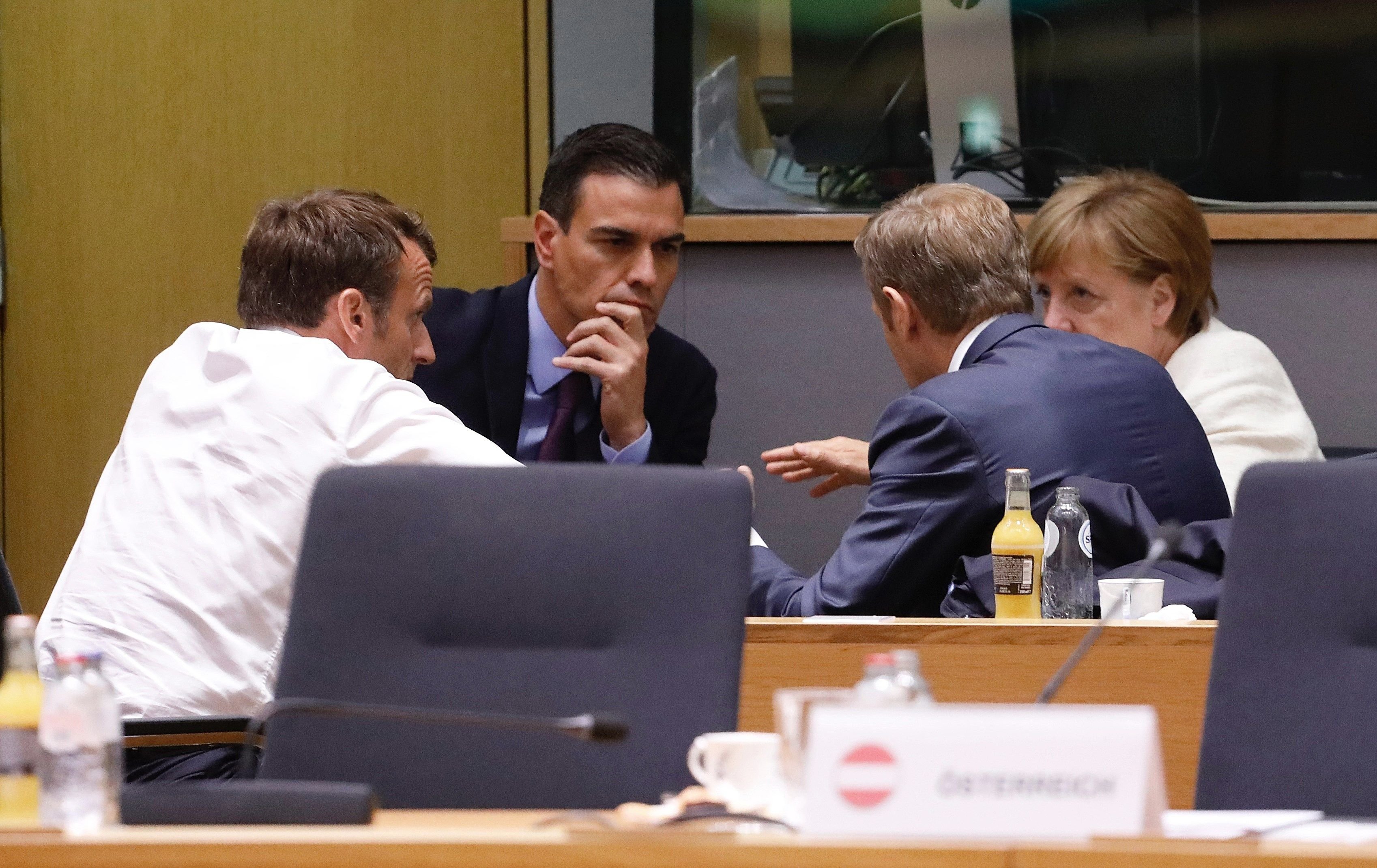The mirage failed to last even 48 hours. After Spanish prime minister Pedro Sánchez and German chancellor Olaf Scholz had formed a common front in favour of the Midcat pipeline, France, rather reluctantly, assured that it would have look at the plan. But this Thursday, the door was closed again. Sources from the French ecological transition ministry, to which ElNacional.cat has had access, argue that "increasing the interconnection capacity between Spain and Germany through France would require a substantial reinforcement of the French network which would take years and cost several billion euros" and, therefore, this proposal "is not a response to the current energy crisis".
These words arrive after the joint press conference held by Sánchez and Scholz, on Tuesday, which caused French economy minister Bruno Le Maire to open the door to the project. "From the moment that the Spanish PM and the German chancellor ask for it, from the moment that friends ask for it, we will consider the requests of our friends, our partners", assured the Macron minister at a Paris business forum.
Now, however, the French government is once again expressing its rejection of a project that they consider does not respond to the current energy crisis, magnified by Russia's war against Ukraine. "The construction of a permanent infrastructure with such a long term outlook, at a time when we want to accelerate the abandonment of fossil fuels and especially natural gas, in accordance with the European strategy, is not appropriate", argue these ministerial sources. They also justify that the project "is not useful for the diversification of European supplies" and that the current interconnection with Spain, through the western end of the Pyrenees, is not yet saturated, having been operating at 60% of its capacity in August.
The Midcat gas pipeline would connect France and Spain through the Catalan Pyrenees. According to Spanish deputy prime minister Teresa Ribera and several experts, it would have capacity for between 2% and 2.5% of Europe's gas consumption, bringing the fossil fuel from Algeria.
Support from Germany
Spanish prime minister Pedro Sánchez and his German counterpart, Olaf Scholz, contrived this week to speed up the construction of the Midcat gas interconnection, without having obtained approval of French president Emmanuel Macron. In a joint appearance at the Meseberg palace, near Berlin, Scholz noted that Spain has the full support of Germany to advance towards the gas connection of the Iberian peninsula with France via Catalonia and the Eastern Pyrenees. Berlin said it would even support the European Union's financing of a significant part of the project, which was initially estimated at around 440 million euros and which France has now priced at around 3 billion euros. Sánchez was determined to push Midcat forward, with or without Macron. The French leader, meanwhile, has opted for Italy to become the new distributor of Algerian gas.

